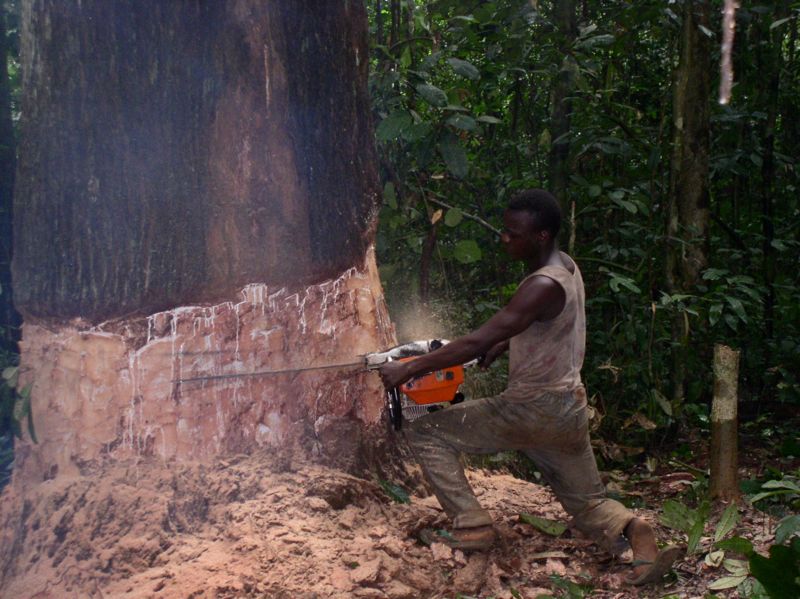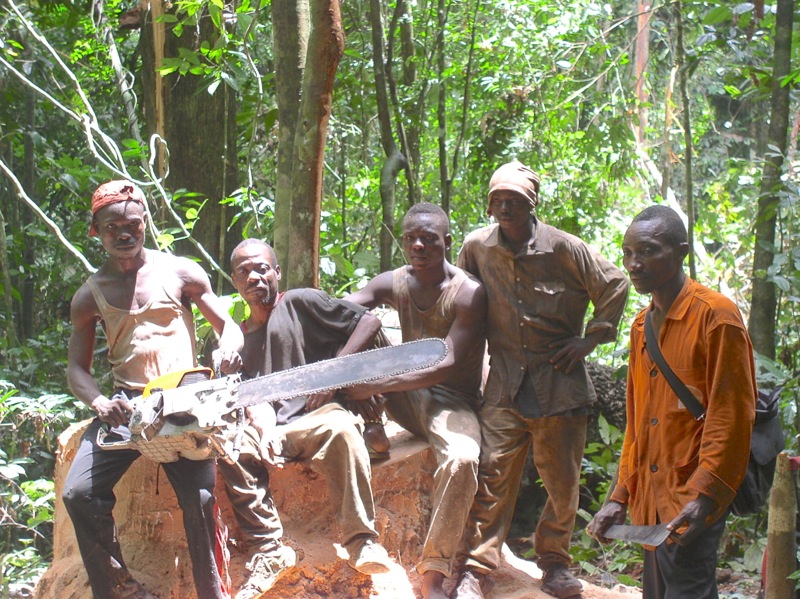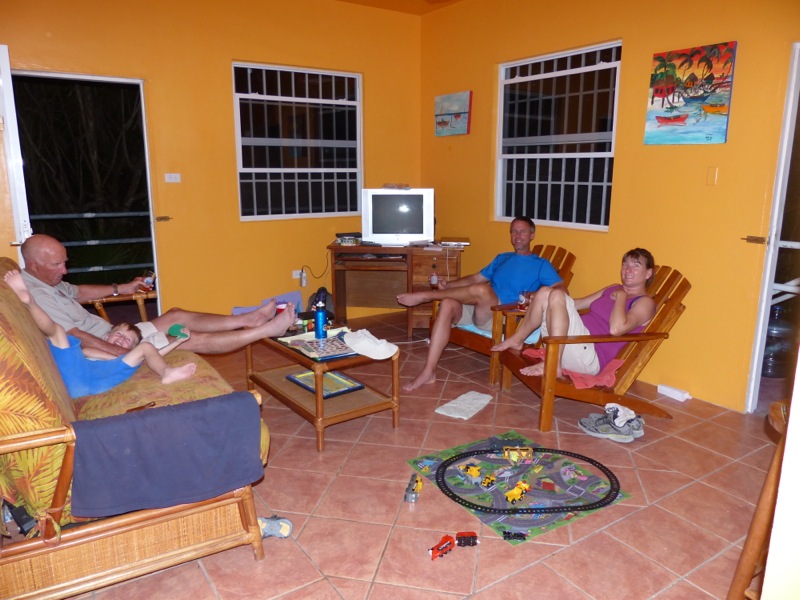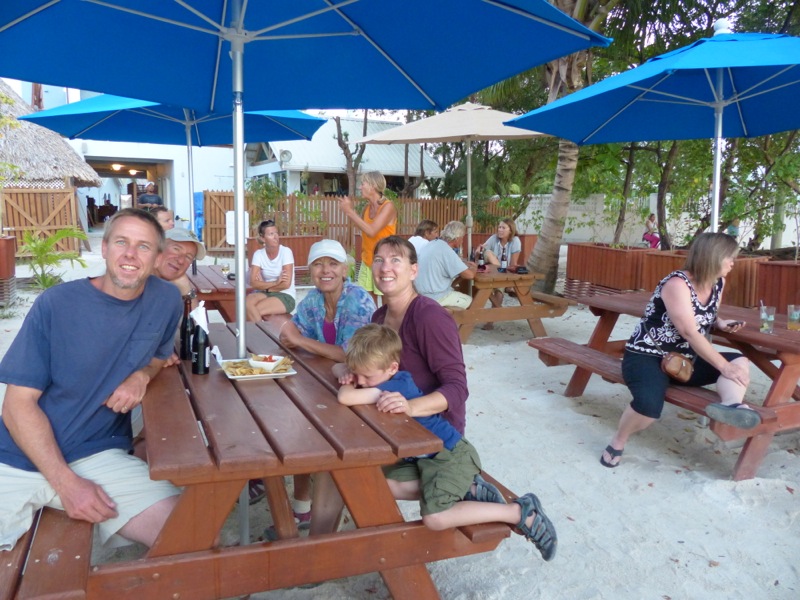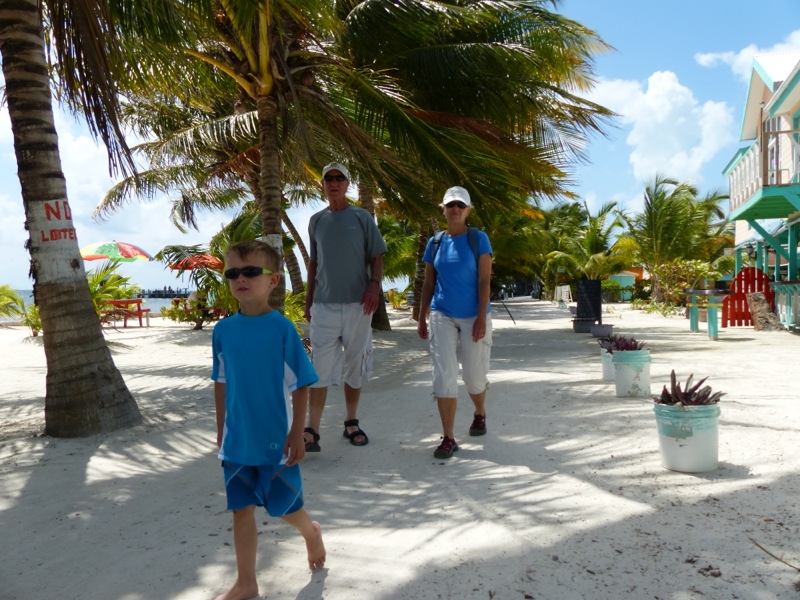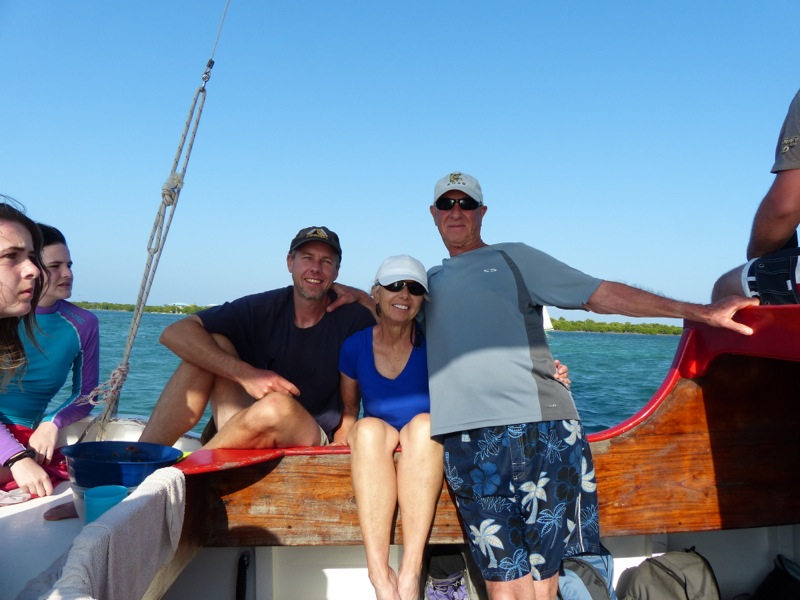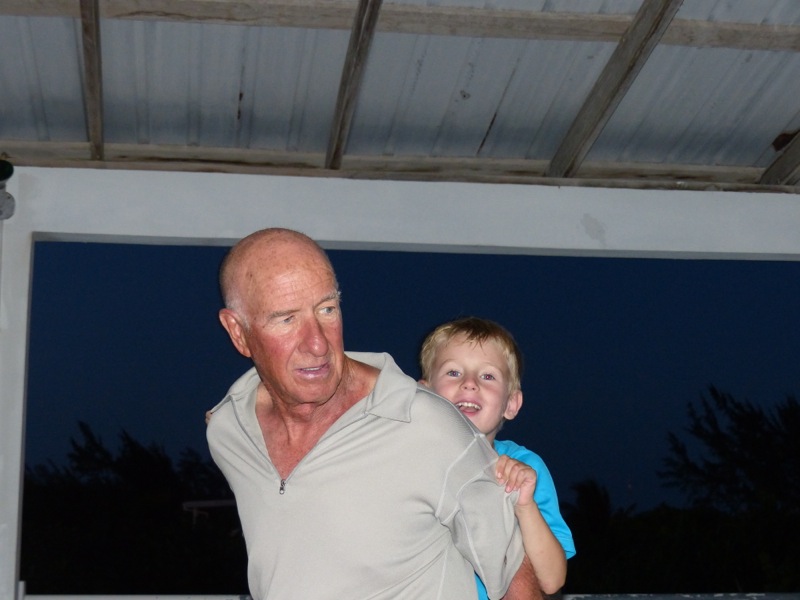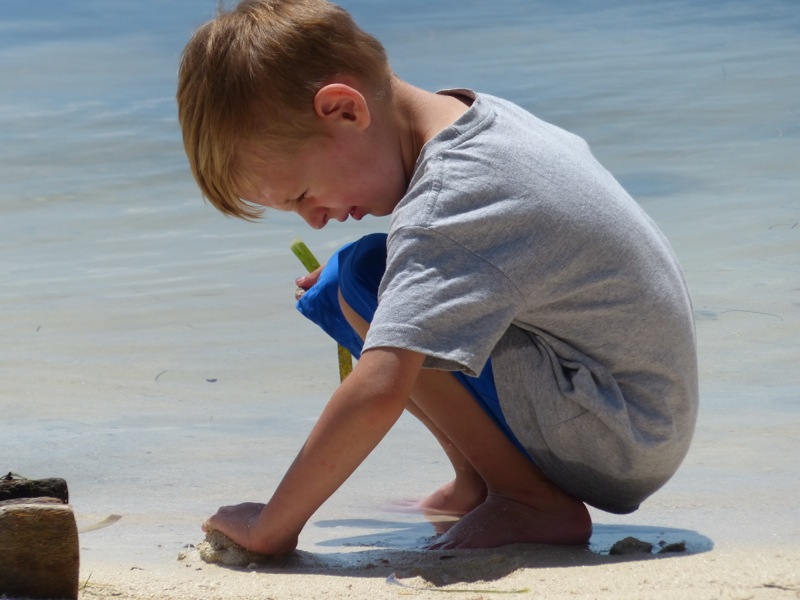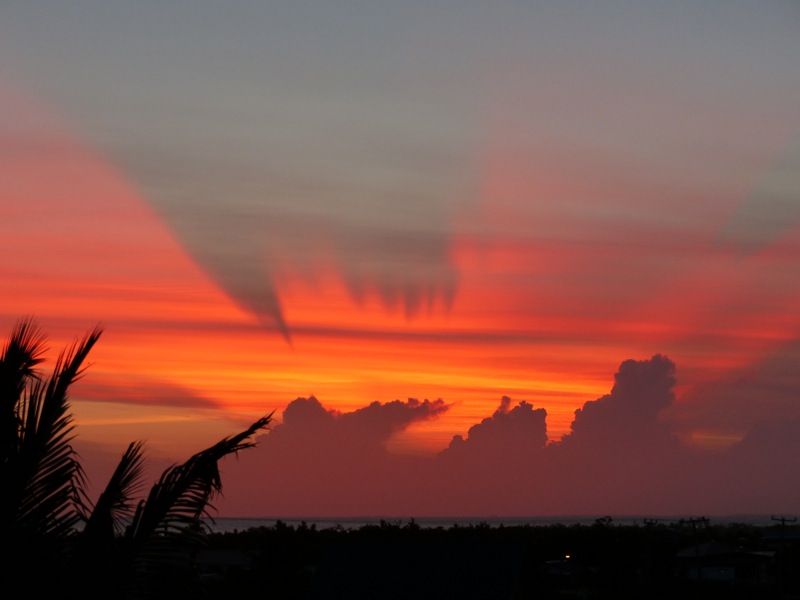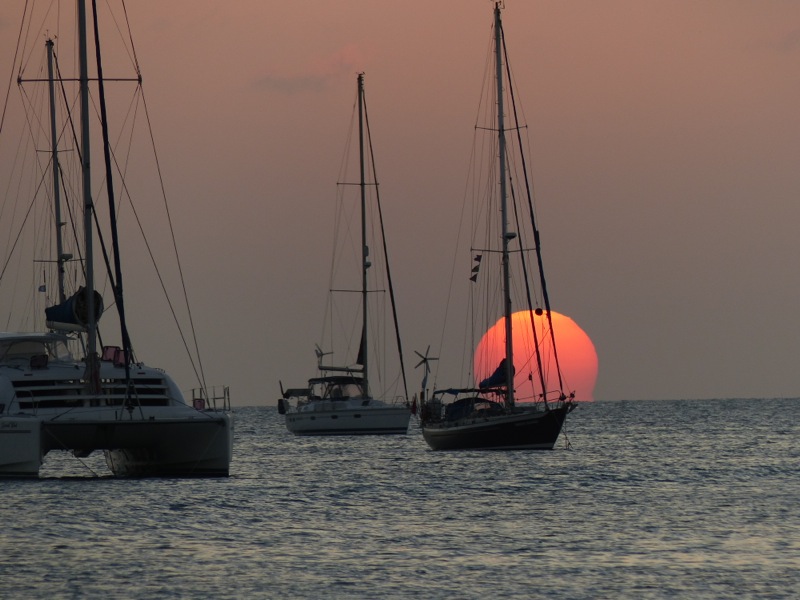Over the next month, we are participating in the Boots N All travel writing challenge. As part of this challenge we will be writing on topics suggested on the Boots N All website and posting them on our blog. Hope that you enjoy the ride!
Travel has taught me just how interconnected everything in our world really is. Issues that can seem simple are often very complex, and seemingly insignificant actions that we take, such as buying a new piece of furniture or a tank of gasoline, ripple across the globe to affect people that we’ve never met in places we’ve never heard of.
One of the ways that I’ve learned this lesson came from an unplanned tour of a logging camp in the Republic of Congo. Over the course of one day we saw firsthand how trees are harvested from the dense rainforests there. We watched while a grand giant was felled and, in the process of falling, it took out several other smaller trees nearby. More trees were knocked down while retrieving that one valuable tree from the middle of the forest. The hardwood from this tree was destined for sale to a furniture factory to make a beautiful table or dresser for which someone in Europe, Asia or the Americas would pay top dollar.
At first I was appalled that so many old growth trees were being harvested. Then I realized that the logging company wouldn’t cut down trees if there weren’t a long list of people wanting luxurious furniture. Of course if no one bought that furniture then the people at the logging company would have to find other jobs to support their families, which could be very difficult to find and might pay significantly less. It is a tough lesson, but the fact remains that how we spend our money really does affect the world around us.
Another example of this interconnectivity comes from our time in Angola. We saw how the money that we spend on gasoline can not only affect the politics in another country but it can also keep leaders in office that provide little to no benefit to that countries’ citizens.
This is how it often works: Let’s say an oil company wants to drill off the coast of Angola. A representative from the oil company arranges a meeting with Angolan officials. It will cost the company some number of millions of dollars to drill in that country so the company pays that amount. It is simply “the cost of doing business”.
Meanwhile that money typically goes directly into the pocket of the Angolan officials, who use those funds to ensure that their party is re-elected in the next election. The cycle continues like this for years (or even decades) while literally millions of Angolans are living in the shantytowns sprawled outside the capital city with open sewers running through the streets. This kind of situation is not unusual at all, but few people have any idea that filling up their car with gas can limit the opportunities of others in another country.
So what does all this mean? It could potentially be argued that the people in these situations are not doing anything that is terribly wrong. From their perspective, they may only be doing what they need to do to keep their job and stay in business.
And what of the consumer? Should I buy that piece of mahogany furniture and contribute to the destruction of an old-growth forest, or not buy it and possibly put a Congolese logger out of work and cause his family to go hungry? How can we possibly know whether our gasoline comes from an honest company or if it supports a corrupt regime? These are all very difficult questions and they point to just how complex our society and economy truly are. Probably all we can do is figure out what is important to us as individuals, find out as much information as is realistic and then make the best decision that we can.
As for us, we do still fill up our car with gas, but we do our best to drive less and to buy more fuel-efficient vehicles. We don’t have the occasion to buy furniture very often, but we tend to buy gently used items if the need arises. Mostly we just think a little more before we decide where to spend our money. Ultimately we believe that deliberately choosing where we spend our hard-earned money is the most effective way for an individual or family to positively affect the way the world works.

